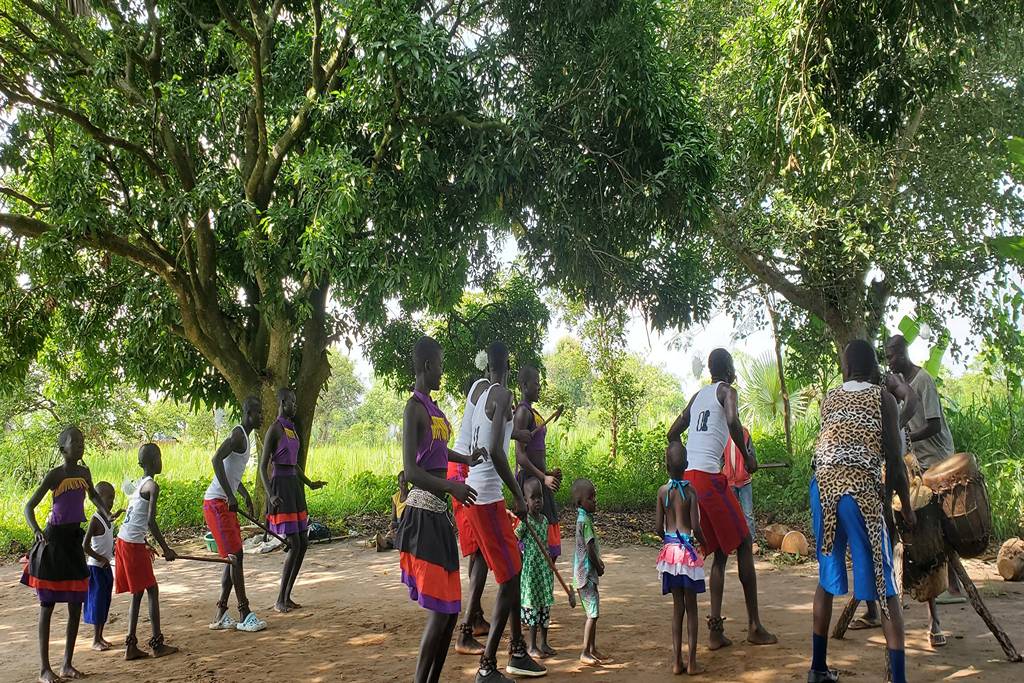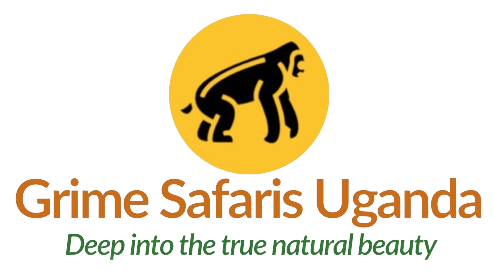Acholi traditional dances
Acholi people of Northern Uganda are a luo speaking group that migrated from their cradle land in Bar-el-Gazel in South Sudan about 4-5 centuries ago. Factor that led to the Acholi people under the luo migration included; Search for greener pastures and Water for animals, Fertile lands, Drought, Famine, Pests and Diseases.
They later on settled along the bangs of River Nile in Povungu. The luo brothers knowns as Gipir and Labongo had a disagreement over the story of the spear and the bead. This made the two brothers to go separate ways, the team for Labongo are the present Acholi People that crossed the Nile to the Eastern site and the Gipir team remained on the Western Site of River Nile and they are the present day Alur.
Acholi people never left their traditional practices after migrating from their cradle land Bar el Gazel and some of their practices are very sentimental in their day to day lives example; Acholi Dances, Acholi Foods, Acholi Rituals, Acholi Marriages, Acholi Economic Activities like; Hunting, Subsistence Farming, Acholi Fishing, Acholi Bee Keeping and Acholi Honey Harvesting E.t.c
Of all the Acholi Practices, Acholi Traditional Dances is a very interesting things to watch being performed by Acholi creative cultural dancers. Acholi Dances include; Larakaraka/Orak - Courtship Dance, Bwola - Royal Dance, Otole - War Dance, Dingi Dingi, Acut, Aguma, Ajere, Lukeme, Nanga, Myel lyel, e.t.c

Acholi Traditional Dancers performing Ajere Dance - Acholi Courtship Dance
Why do Acholi people dance?
There are many reasons why the Acholi people perform various dances. The reason for Acholi Dances are mainly elements that represent Acholi people and their general life from Childhood to Adulthood and Elderly age.
All the 26 Acholi Dances have meanings and times they are performed.
Bwola Dance
Bwola Dance – Acholi Royal Dance
Bwola Dance is performed in Acholi royal events like crowing of new Acholi Chiefs, welcoming Acholi Chiefs in events. Present day, Acholi Bwola Dance is also performed in major events, celebrations, marriage events, church functions e.t.c
Bwola Dance is also performed in leisure events, Schools as part of the co-curricular activities e.t.c.
Otole Dance
Otole – War Dance
Performed initially by the Acholi People during war and after war to courage amongst Acholi warriors in event of preparation for war and celebration after wining a war against their enemies/rivals
Today Otole Dance is still being performed in Acholi events, celebrations, leisure times e.t.c
Orak/larakraka Dance
Larakaraka – Courtship Dance
Larakaraka/Orak is one of the Acholi Courtship dances performed during leisure time by the Acholi people back in the day, present day we still have some communities that do perform it in the evening time (Leisure time) although mostly commercialized groups for profit interest.
Larakaraka Dance was a moment to spot a perfect marriage partner amongst the Acholi youth (Young adults), every male dancer was to show the best talents/skills in dancing to impress a female dancer to choose him for marriage.
LAKUBUKUBU DANCE
Lakubukubu Dance is an acholi dance Acholi people perform for leisure or during free time to show happiness, joy, pride in their culture, beauty, creativity, fitness and celebration.
Acholi young girls and boys are the ones that commonly perform the famous Acholi dance - Lakubukubu Dance.
During Acholi Tours with Grime Safaris, we can arrange for you dancers who can entertain you with this amazing Acholi Dance while in Uganda.
Present day Lakubukubu dance is also highly performed in luo events, Acholi Weddings, Acholi Traditional Marriages e.t.c
Nanga Music & Dance
Nanga music is a special kind of Acholi music that is majorly/strictly created by the elderly/mature Acholi men from the age of 45 years and above.
Why is it that the Acholi people prohibit the Acholi young ones from doing the Nanga music or dance? Nanga music is a kind of music that normally is attributed to pain, sorrow, suffering, worries e.t.c. Acholi people believed that the youths or children are still too young to bare or persevere some painful stories, songs and instead only the adults of 45 and above can perform the Nanga Music or Dance in Acholi. Some nanga music are also used for mentorship, training the young Acholi community, general community, addressing social problems among others.
